
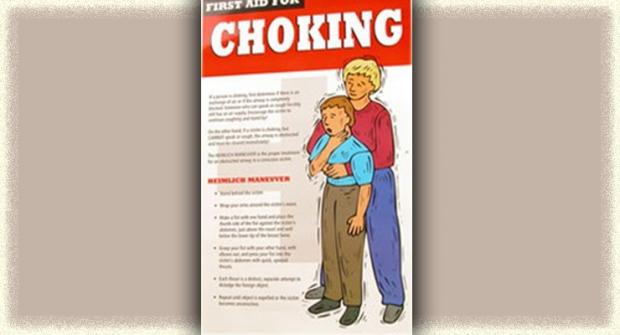
All Choked Up
It’s not uncommon in ALS for something unexpectedly and abruptly to aggravate your airway and throw you into a choking fit. I know from personal experience that these choking, gagging, gasping spells are physically exhausting, frustrating and upsetting for both the choker and the caregiver.The actions to take for choking depend on the type of choking spell you’re having. For example: Read More
Recent ALSN Articles
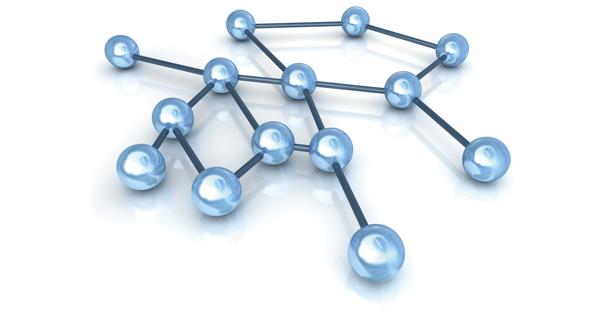
MDA's ALS Clinical Research Network: Streamlining the Search for a Cure
The MDA ALS Clinical Research Network, a nationwide consortium of MDA/ALS centers, is up and running, helping streamline the search for treatments for ALS.The network provides an “unprecedented” platform for launching new ALS studies, said Robert Miller, neurologist and co-director of the MDA/ALS Center at California Pacific Medical Center in San Francisco. It does so “by providing core resources to bring together five of the largest ALS research centers in the country and allowing us to develop new projects and test new ideas,” he explained.
Read More
SOD1 Versus Other ALS: Apples and Oranges?
Scientists at Northwestern University Feinberg School of Medicine in Chicago have announced new findings showing some forms of familial and nonfamilial ("sporadic") amyotrophic lateral sclerosis (ALS) have commonalities at the molecular level — but that one form of familial ALS may be different.
Read More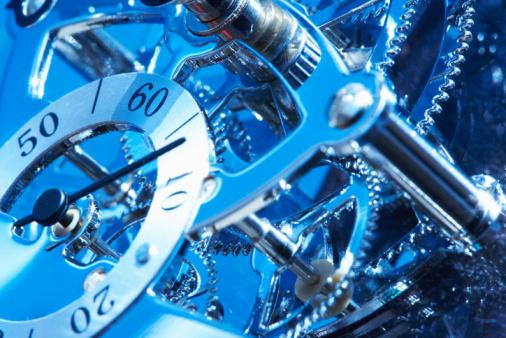
ALS-Causing TDP43 Overstays Its Welcome
At least some of the mutations in the TDP43 protein that are known to lead to ALS cause the TDP43 protein to be more stable than usual and change its interactions with other cellular proteins, say researchers at the University of California-San Diego. The changes are toxic ones.The evidence strongly suggests that this increased stability and the abnormal protein-protein interactions are mechanisms by which TDP43 mutations cause ALS, a paralyzing disease of the nervous system. They say hastening the breakdown of TDP43 and/or interfering with its chemical interactions with other substances could become a new therapeutic avenue.
Read More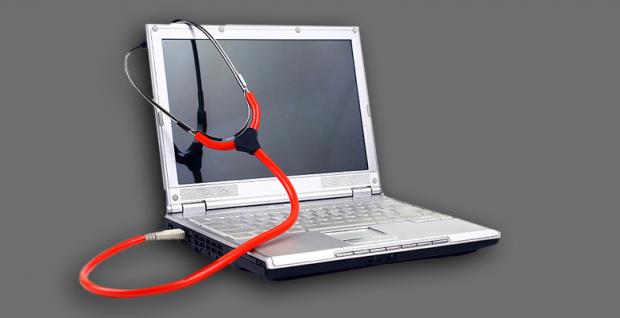
National ALS Registry Now Open
After two years of laying the groundwork, the Agency for Toxic Substances and Disease Registry (ATSDR) has opened its National ALS Registry to collect information from people living with ALS.Scientists at the ATSDR, which is part of the Centers for Disease Control and Prevention in Atlanta, hope registry data will provide insight into the causes of, and potential treatments for, ALS.
Read More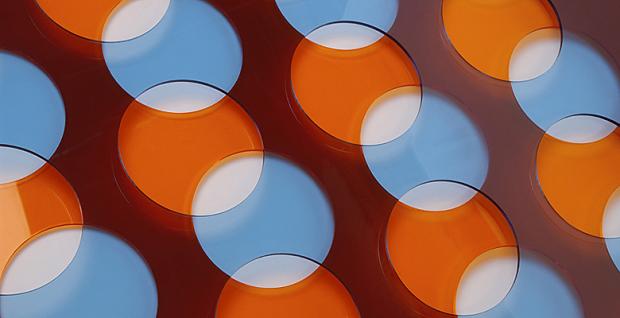
FUS and ALS: What's the Connection?
The gene for FUS was associated in 2009 with some forms of ALS (amyotrophic lateral sclerosis, or Lou Gehrig’s disease).Now, overlapping findings from four recent studies have revealed tantalizing clues about the molecular underpinnings of FUS-related forms of the disease.FUS (also called FUS/TLS for “fused in sarcoma – translated in sarcoma”) normally resides inside the cell nucleus, where it serves its primary function as an RNA binding protein. (RNA is the chemical step between DNA and protein synthesis. Through multistep RNA processing, the cell's protein building machinery reads genetic instructions carried in DNA and manufactures the proteins it encodes.)
Read More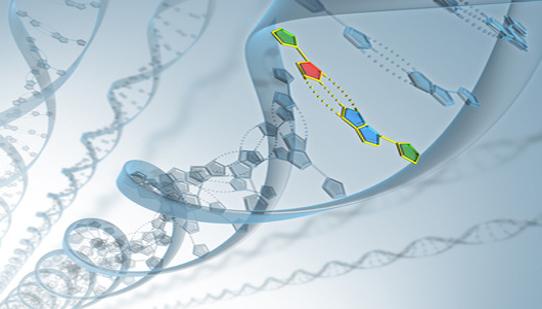
Ubiquilin 2 Abnormalities Connected to ALS
A group of researchers led by Teepu Siddique at Northwestern University Feinberg School of Medicine in Chicago has identified abnormalities in the ubiquilin 2 gene and protein as important contributors to several forms of amyotrophic lateral sclerosis (ALS).The new findings link physical and cognitive manifestations of some forms of ALS with mutations in the ubiquilin 2 gene and possibly with abnormal accumulations of the ubiquilin 2 protein. The ubiquilin 2 protein plays a role in a cellular maintenance mechanism called the ubiquitin-proteasome pathway, which normally disposes of damaged proteins.
Read More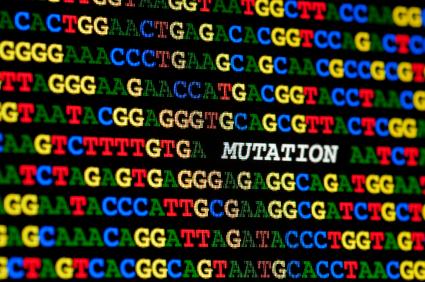
C9ORF72 Mutation Most Common Cause of Familial ALS, FTD, ALS-FTD
Two independent research teams have identified a mutation in the gene for chromosome 9 open reading frame 72 (C9ORF72) as the most common cause found to date of familial ALS (amyotrophic lateral sclerosis), frontotemporal dementia (FTD) and ALS with FTD (ALS-FTD).The investigators further determined that the mutation — an expanded section of DNA known as a repeat expansion — accounts for a significant percentage of cases of sporadic ALS, at least in some populations of people with the disease.
Read More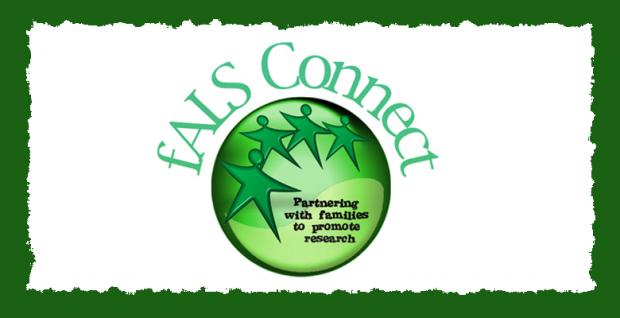
Online Familial ALS Registry Opens
A new registry has been launched for people with the familial (inherited) form of amyotrophic lateral sclerosis (ALS). The Web-based fALS Connect registry was developed by a research team from the University of Miami Miller School of Medicine in Florida.The team aims to connect families affected by familial ALS with scientists who study the disease, in an effort to accelerate the development of treatments and cures.
Read More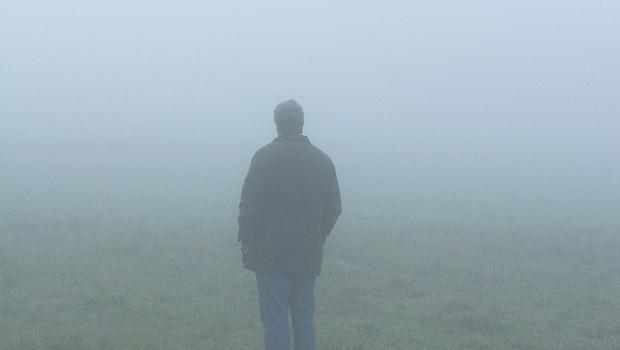
When the Thinking Parts of the Brain Go Awry in ALS
John Shearer and his wife Brenda learned in November 2010 that he has ALS. The couple, who lives in Woodstock, Ga., were told the disease would cause gradual weakening of John’s voluntary muscles, such as those used for moving and breathing.John, 70, retired four months later in March 2011 from Lockheed Martin Aeronautics, where he worked 41 years as a machinist.
Read More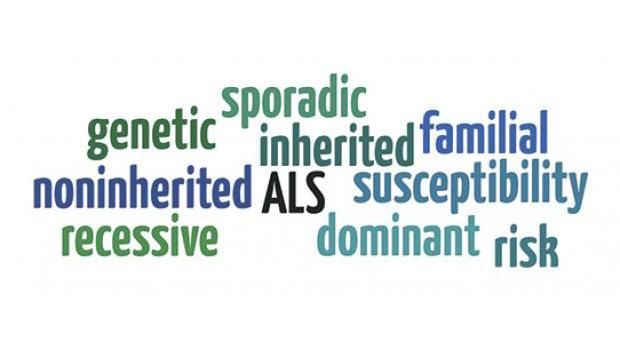
Putting Labels on Types of ALS
One of the first things that comes with a diagnosis of ALS is the determination of which “form” a person has: familial or sporadic.Sometimes it appears obvious. If there’s a known history of the disease “running in the family,” then the person is said to have familial, or inherited, ALS. If the disease seems to have “come out of nowhere,” then it’s sporadic, or noninherited.
Read MoreMDA Resource Center: We’re Here For You
Our trained specialists are here to provide one-on-one support for every part of your journey. Send a message below or call us at 1-833-ASK-MDA1 (1-833-275-6321). If you live outside the U.S., we may be able to connect you to muscular dystrophy groups in your area, but MDA services are only available in the U.S.